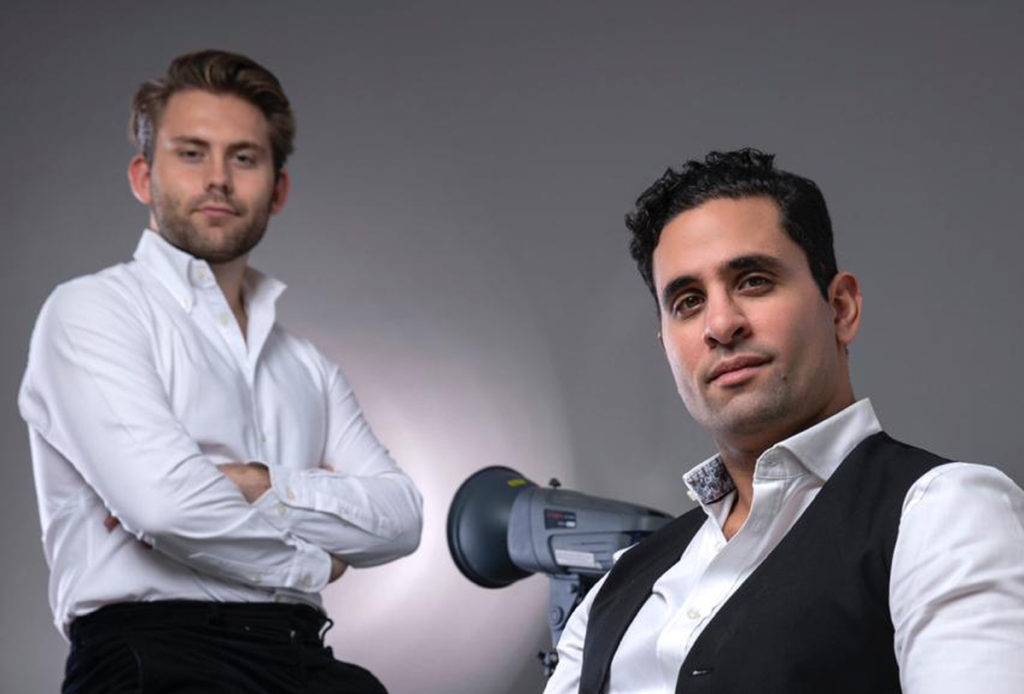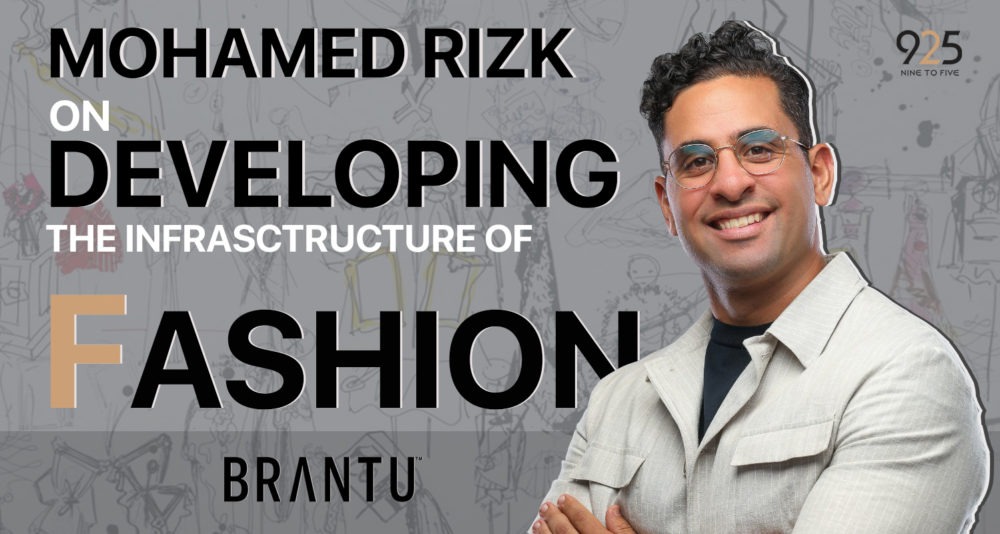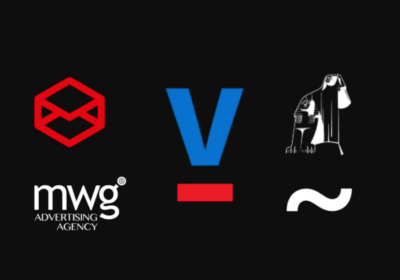The Egyptian fashion and retail scene is quite interesting, to say the least. From where we stand, our local fashion division seems to be taking some serious steps in the right direction. And one name that really caught our eye recently is BRANTU. The Egyptian online shopping portal offering exclusive services like no other in the market.
For regular shoppers and retail customers, you’re probably unaware of the amount of work and details that go into the big fashion realm. Especially our high potential Egyptian ecosystem; should the industrial sector embrace new up and coming tech-startups venturing in the fashion sector.
We met with Mohammed Rizk, the CEO and Co-Founder of Brantu.com for an in-depth talk about the Egyptian fashion scene, the integrated fashion operating system Brantu is offering, and their future plans…
Who is Mohamed Rizk?
Mohamed Rizk, although he prefers to go by the name “Seemo”, is a 33-year-old Engineering graduate that started the path of entrepreneurship back when he was just 24 years old.
“When I graduated in 2010 from the German university in Cairo, I felt like the only option I had in the Engineering field is working as technical support, as the startup scene in Egypt was immature. I wasn’t really motivated to do that, so I started working in sales at a big software company for a couple of years. Then I applied for post-graduate studies in Entrepreneurship at Sweden.”
For Rizk, the academia itself wasn’t of much-added value to him as the “experimentation” and the “application” parts of his experience; as found in the startup infrastructure of a European country like Sweden.
“In Sweden, you can effortlessly get people to help you with capital raising. So, it wasn’t about money anymore. That’s why my vision shifted easily to tech startups.”
At that time, Mohamed met a Swedish partner, Fredrik Granstrom, and they legally founded a company together in 2016; in order to raise funds for one of their initial concepts. But in July 2019, they officially launched the fashion e-commerce Brantu. This period is what he calls the “exploration period” and it’s what matters the most in startups, he assured.

“In startups, it’s very hard and almost impossible to succeed on the first trial. You have to always PIVOT. Especially if you’re an outsider who doesn’t come from within the industry. Case in point, my partner and I shifted from electronics to fashion and it wasn’t necessarily easy. Yet, it’s quite an interesting journey if you ask me.”
What Distinguishes Brantu from other competitors?
Most competitors rely on cross-borders import fashion, while we rely on creating fashion value locally. Which creates multiple competitive advantages. In other words, while others can import, we manufacture.
In Egypt, we have a huge market gap. For instance, why is it that we don’t have locally produced fashion of the quality that Shein and Zara offer?
Simply because when it comes to fashion production, Egypt is more of a “basics country.” We can produce basic items but not “cool” items. Why again? Because we have an abundance of fashion designers but we have a huge shortage of what we call a “technical designer.”
It’s a pretty similar analogy to having too many architects but limited low-caliber construction engineers. There’s a huge difference between having a fashion designer draw a fashion sketch and a technical designer who sees the process through; making sure the final product fits each and every individual.
Unfortunately, most patternmakers in Egypt are not of high quality. You can see a nice image on the paper, but attempting to transform that into a product is the real tricky part for us…
Another market problem is that manufacturers require mass quantities in order to start a production line. You can’t, for instance, ask a factory to produce 100 pieces of clothes – as they usually require bigger assortments.
Bottom line, Egypt is not structured to cater to small brands. We have exceptions, naturally. But it’s not that common; it’s usually a hassle. Unlike China, for example, they never say no to any type or amount of product.
So in Brantu, we really struggled to find high-caliber technical/product designers. But they’re proudly our biggest investment.

More than a Shopping Platform
Aside from being a marketplace where brands offer and sell their products, Brantu spotted the problems Egyptian fashion brands suffer from in the market; early on.
“That’s why we launched our own label and we got a hands-on experience and a better idea of what those problems are. This helped us a lot in offering a helping hand to those young local brands with major manufacturing complications.”
“So now, a small local brand can easily approach Brantu and ask for our help with manufacturing and showcasing their designs. We’ll help with the production process, the product photography process, and finally marketing through our platform. This is mainly the core of Brantu’s ecosystem. It’s boosting local manufacturing and local creativity to become a product. It’s not just about fashion e-commerce.”
Egypt has the potential to be the hub for the supply chain. How? If Brantu succeeds in digitizing the fashion manufacturing process, then you can serve not only local brands; but take on global brands as well.
Brantu’s In-House Label
Another feature we recently learned about in Brantu is the fact that they have their own fashion brand. The in-house label, YOXO, was created with a goal to produce items that are as unique as possible. You can now find exclusive designs on the platform, and if you like it you can choose to “pre-order” and Brantu delivers to doorstep within 12-14 days.
“To sum the journey up, Brantu started out as merely a marketplace to showcase brands, then it expanded to include over 150 brands, and to have full presence in content, production, modeling, and now the goal is to have the biggest assortment in Africa. And that’s Brantu’s edge. We’re very production-driven and export-minded.”
On Raising Funds
“I was very excited when we received our first fund. I didn’t know much about the concept back then but when I did, I fell in love. The reason why funding exists, especially in Europe, is out of the belief that keeping your capital in banks is not a good investment. So people try to diversify their investments. They invest in stock or commodities, but also people invest a lot of money in startups now.
It may be risky, but the highest the risk the highest the return. And people tend to invest in people more than they do in ideas. Surely, ideas are important, but without a solid execution team, it means nothing.
Ideas can always be developed, and it’s a journey that takes time like anything else. Take Brantu for example, it took us about three years to scale and find our strong market demand. That’s why it’s crucial for the investor to have strong faith in the team.
Someone once told me… IDEAS ARE KING EXECUTION IS KING KONG”
A Piece of Advice to Young Entrepreneurs
“Focus on your product/market fit. Ask yourself… How is this helping the market? How is this solving an issue? In startups, always take the hard road not, the easy one. Simply because no one else is taking it.
When building a team, you’ll want an open and welcoming environment first. Then, you need to start hiring people who are hard workers with forward-thinking skills. Because that’s how they’ll carry out your strategy.” Rizk concluded.




























